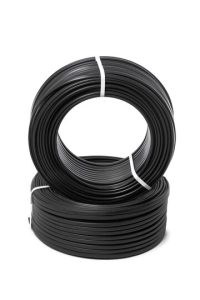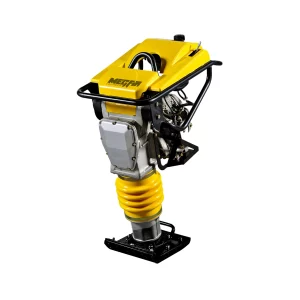Diesel Generators
Power Up: Understanding Diesel Generators
What is a Diesel Generator?
Advantages of Diesel Generators
Fuel Efficiency: Diesel engines are more fuel-efficient than their gasoline counterparts, providing more power per gallon. This efficiency translates to lower operational costs, particularly for extended use.
Durability and Longevity: Diesel generators are built to withstand heavy use. With proper maintenance, they can last significantly longer than other types of generators, making them a cost-effective investment.
High Power Output: Diesel generators are capable of producing high wattage, making them suitable for powering large industrial equipment, commercial facilities, and essential home appliances during outages.
Safety and Stability: Diesel fuel is less flammable than gasoline, reducing the risk of fire hazards. Additionally, diesel generators provide stable power output, essential for sensitive electronics and machinery.
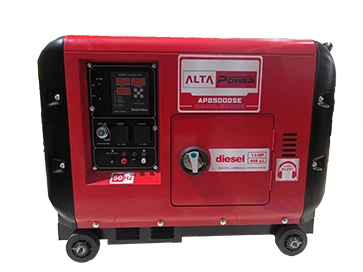
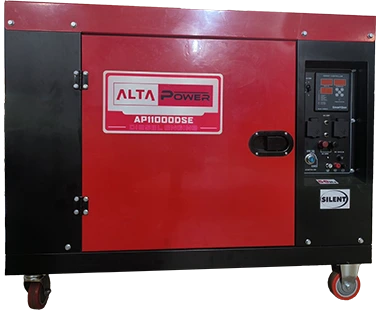
Applications of Diesel Generators
Commercial Use: Many businesses rely on diesel generators for backup power during outages, ensuring operations continue seamlessly.
Industrial Applications: In manufacturing and construction, diesel generators power heavy machinery and tools, especially in remote locations where grid power is unavailable.
Residential Use: Homeowners use diesel generators for emergency backup power, providing peace of mind during storms or outages.
Events and Festivals: Temporary power solutions for outdoor events often utilize diesel generators to support lighting, sound systems, and equipment.
Key Features to Consider
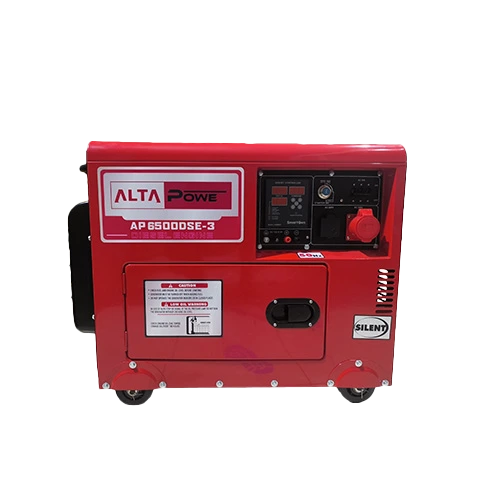
Power Rating: Determine the total wattage you need. Look for a generator that can handle both starting and running loads of your equipment.
Run Time: Check how long the generator can operate on a full tank. Longer run times are crucial for applications requiring continuous power.
Size and Portability: Depending on your needs, you may prefer a stationary unit or a portable generator for easy transport.
Noise Level: Diesel generators can be noisy. If noise is a concern, look for models with soundproof enclosures.
Maintenance Requirements: Choose a generator with accessible parts for easy maintenance, ensuring longevity and reliability.
Maintenance Tips
Regular Inspections: Check fluid levels, filters, and connections regularly to ensure optimal performance.
Change Oil and Filters: Follow the manufacturer’s recommendations for oil changes and filter replacements to maintain engine health.
Clean the Generator: Keep the generator free from dust and debris to prevent overheating and maintain airflow.
Run It Periodically: Even if not in use, run the generator every few months to keep the engine lubricated and in good working condition.
Safety Considerations
Ventilation: Always operate the generator in well-ventilated areas to avoid carbon monoxide buildup.
Proper Setup: Follow the manufacturer’s guidelines for installation and operation. Ensure grounding and use appropriate extension cords.
Training: Ensure that anyone operating the generator is familiar with its controls and safety features.
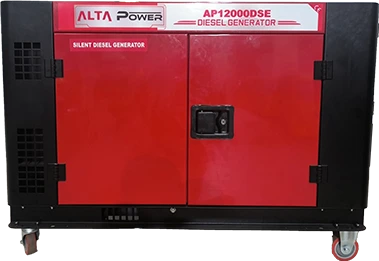
In conclusion, Diesel generators are a reliable and efficient power solution for a wide range of applications. Their fuel efficiency, durability, and high power output make them an excellent choice for businesses, industries, and residential backup. By understanding their features and proper maintenance, you can ensure that your diesel generator provides consistent power whenever you need it. Whether for emergencies or everyday use, investing in a diesel generator can give you peace of mind in an unpredictable world.
Read More blogs
Conduit Cables: The Backbone of Safe and Organized Electrical Installations
SIGNAL CABLE CONDUIT CABLES Conduit Cables: The Backbone of Safe...
Read MoreEssential Guide to MEGFIN Roller Compactors
MEGFIN ROLLER COMPACTOR Essential Guide to MEGFIN Roller Compactors: Types,...
Read MoreMEGFIN Tamping Rammers: A Key to Solid Construction
MEGFIN TAMPING RAMMER MEGFIN Tamping Rammers: A Key to Solid...
Read MoreTom Green Lawnmowers: Your Guide to a Greener, Cleaner Lawn
TOM GREEN LAWNMOWERS Tom Green Lawnmowers: Your Guide to a...
Read More
